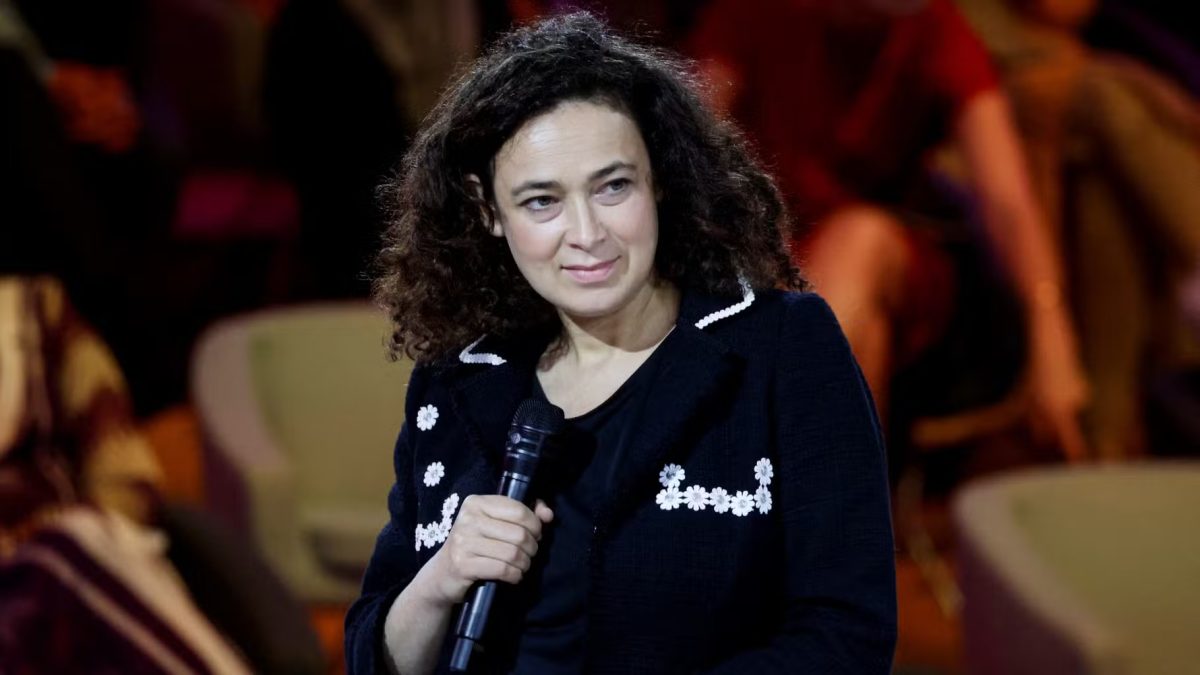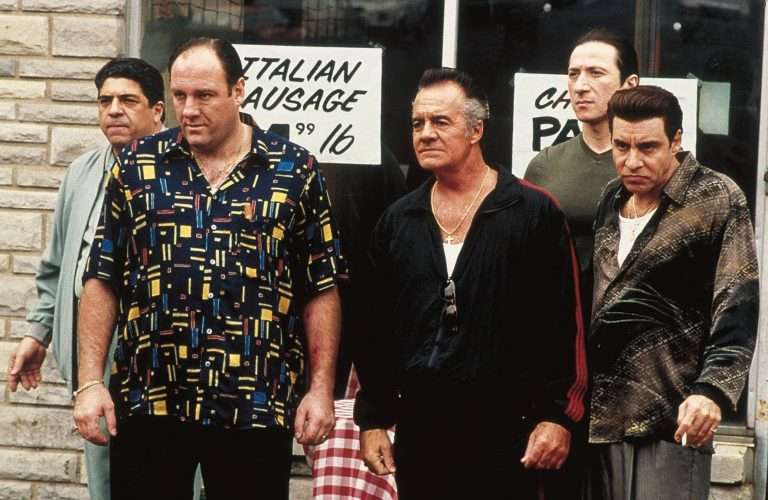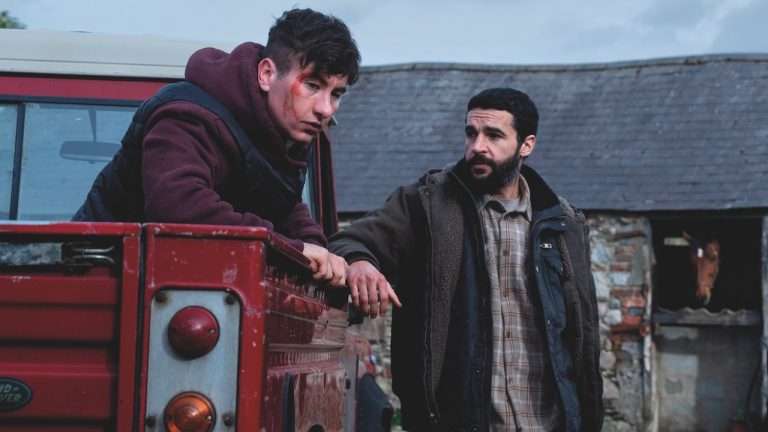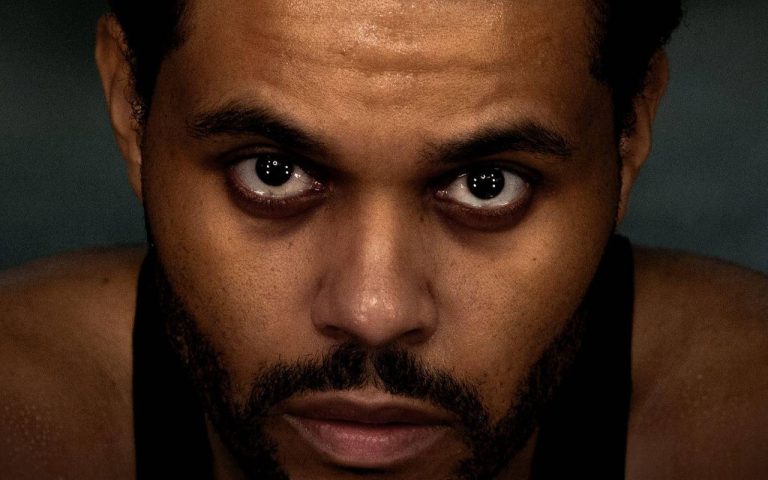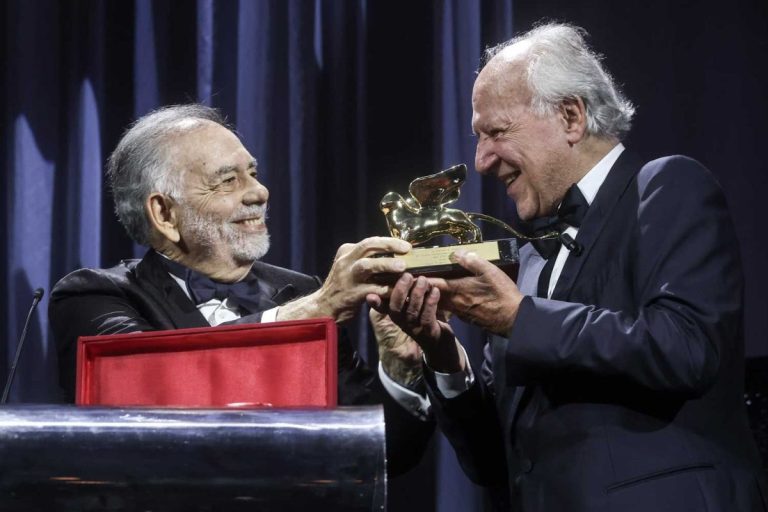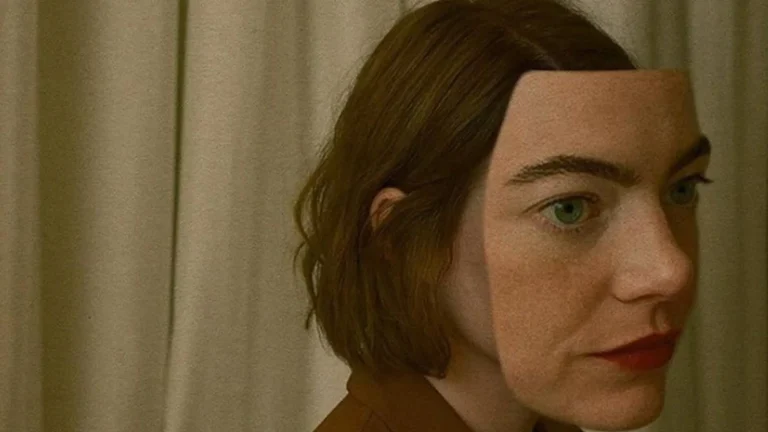Reformed, originally titled Le Sens des Choses, is a French-language drama series that premiered on HBO Max and has quickly caught attention for its fresh take on religion, identity, and tradition. Set in Strasbourg, France, the show follows Léa Schmoll—a newly ordained, young, and modern female rabbi—as she leads a diverse Jewish community through the moral, spiritual, and cultural dilemmas of today.
Starring Elsa Guedj and inspired by the real-life journey of Rabbi Delphine Horvilleur, one of France’s few female rabbis, Reformed is a rare blend of realism and introspection, built around quiet moments, complicated decisions, and unspoken tensions.
In this article, we’ll explore the plot, characters, thematic focus, and real-life inspiration behind the series, as well as why HBO Max chose to tell this story at this moment in time.
Plot Overview:
At the heart of Reformed is Léa Schmoll, a 30-year-old rabbi navigating both her spiritual authority and personal uncertainty. Each 30-minute episode focuses on a specific ethical or emotional issue brought to her by members of her congregation.
These are not grand or overly dramatized problems—they are everyday conflicts that force her to confront the grey areas of faith and life. For instance, one couple—interracial and culturally blended—debates whether to circumcise their newborn.
Another family disagrees over honoring a mother’s wish to be cremated, which goes against Jewish tradition. Elsewhere, a father struggles to understand his son’s shift toward Orthodox Judaism.
Rather than offering clear resolutions or moral lectures, the show ends each episode with Léa reflecting on what she just experienced. She records voice notes to herself, mulling over Jewish law, the emotions at play, and the difficult space between religious expectation and individual choice.
These moments of internal dialogue give the series its thoughtful tone, allowing viewers to see that even those who lead spiritually are filled with questions and doubts.
Cast & Characters:
View this post on Instagram
- Elsa Guedj plays Léa Schmoll, delivering a sensitive and grounded performance as a rabbi who leads more by empathy than by rule. Her portrayal earned her the Best Actress Award at Séries Mania, a major European television festival.
- Éric Elmosnino plays a senior figure in the community, often caught between old-world expectations and modern realities.
- Manu Payet, Noémie Lvovsky, Anouk Grinberg, Solal Bouloudnine, and Suzy Bemba round out the ensemble cast, playing members of Léa’s congregation, family, and friends.
In what ways does the series engage with contemporary Jewish life?
Reformed isn’t just about religion—it’s about how we navigate life when there’s no clear answer. The series deals with modern Jewish identity, especially in a secular society like France’s. It also touches on gender roles in religious leadership, interfaith relationships, grief and death, and how personal history shapes spiritual belief.
The show stands out for refusing to preach. Instead, it creates space for conversation. Its tone is intimate, sometimes warm, sometimes uneasy, but always honest.
Even people who aren’t religious can connect with its central questions: What does it mean to be part of a community? How do we honor the past while living in the present? What happens when traditions conflict with individual values?
The Real-Life Inspiration: Rabbi Delphine Horvilleur
The show is deeply inspired by Delphine Horvilleur, one of only a handful of female rabbis in France and a leading voice in liberal Judaism. Born in 1974, Horvilleur became a rabbi in the Reform movement and has gained recognition for her progressive views on Jewish law, feminism, and interfaith understanding.
She is also the editor of Tenou’a, a Jewish cultural journal, and the author of several books, including Living With Our Dead, which reflects on mortality, memory, and spiritual leadership.
Horvilleur’s unique presence in French public life—as both a religious leader and social commentator—makes her a compelling figure to base a series on. Her ability to hold space for doubt, to value dialogue over dogma, and to interpret tradition in a way that makes room for modern life, is echoed in Léa’s character. While Reformed is not a biography, it channels Horvilleur’s spirit and approach.
Horvilleur is known for her outspoken political views. She once said that “Jerusalem should not be used as a political pawn by the United States and may become a Palestinian capital in addition to the capital of Israel,” which led to harassment by conservative groups. Yet she never backed down. In her 2025 book, she even wrote: “Their cult of the land and religious supremacy is, from my point of view, as far as possible from what Jewish wisdom has taught us.”
When and Where to Watch?
Reformed premiered on March 28, 2025, on Max (formerly HBO Max), marking its U.S. debut on that date. The series consists of a single season with eight 30-minute episodes, each offering standalone stories rooted in everyday life.
It’s available to stream in the U.S. via a Max subscription, with plans starting at $9.99/month. Viewers in the U.S. can also access it through Hulu via the Max add-on. International availability varies, but wherever Max is offered globally—with subtitles or dubbed options—Reformed can be watched on the platform.
Why was this series a good fit for HBO Max’s lineup?
In recent years, HBO Max has expanded its international catalog with stories that reflect diverse perspectives and local voices. Reformed fits perfectly into that strategy. It tells a Jewish story that’s not set in Israel or the U.S., and centers on a female religious leader—a figure rarely seen on screen.
The creators, Noé Debré and Benjamin Charbit, wanted to challenge common portrayals of Judaism in French media and offer something more nuanced. The decision to adapt this story into a series reflects a broader cultural need: to see religion not as rigid or abstract, but as something lived—questioned, wrestled with, and practiced by real people.
HBO Max saw in this show an opportunity to connect with viewers who are tired of one-dimensional depictions of faith and are looking for something more reflective of real life.

